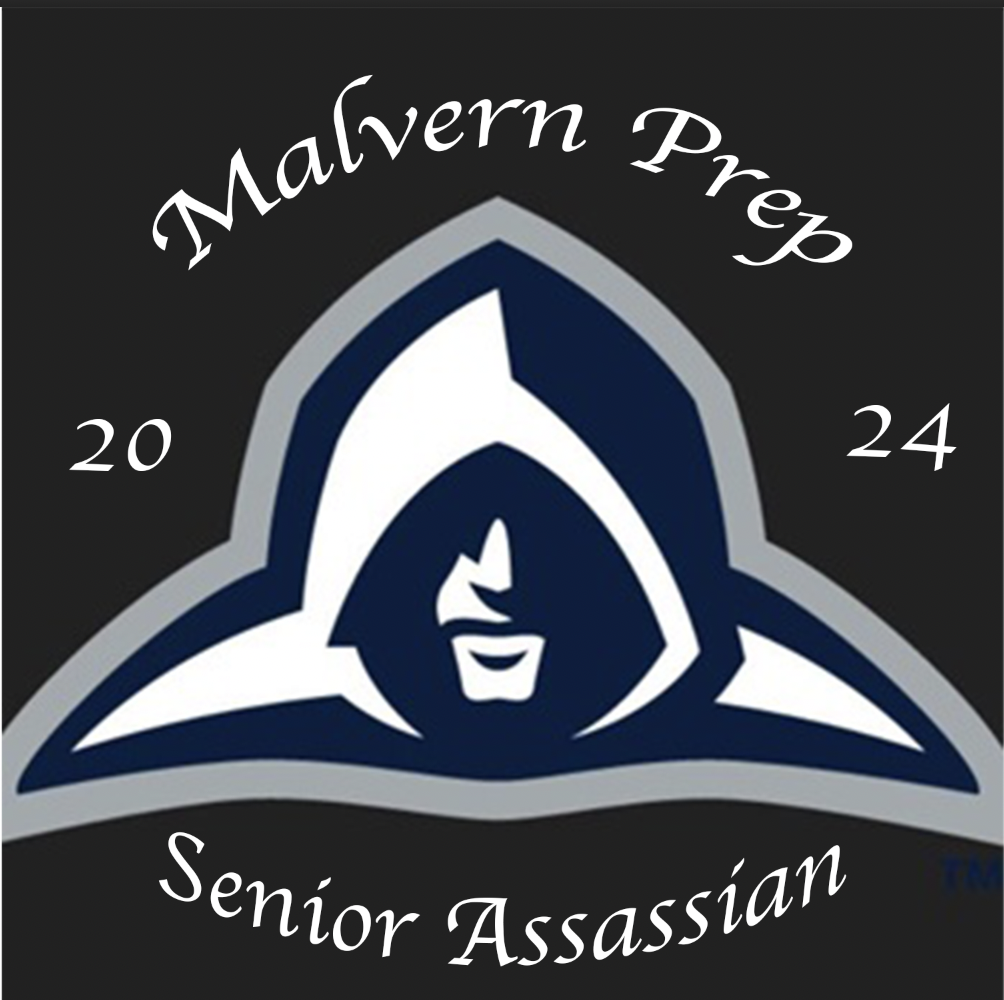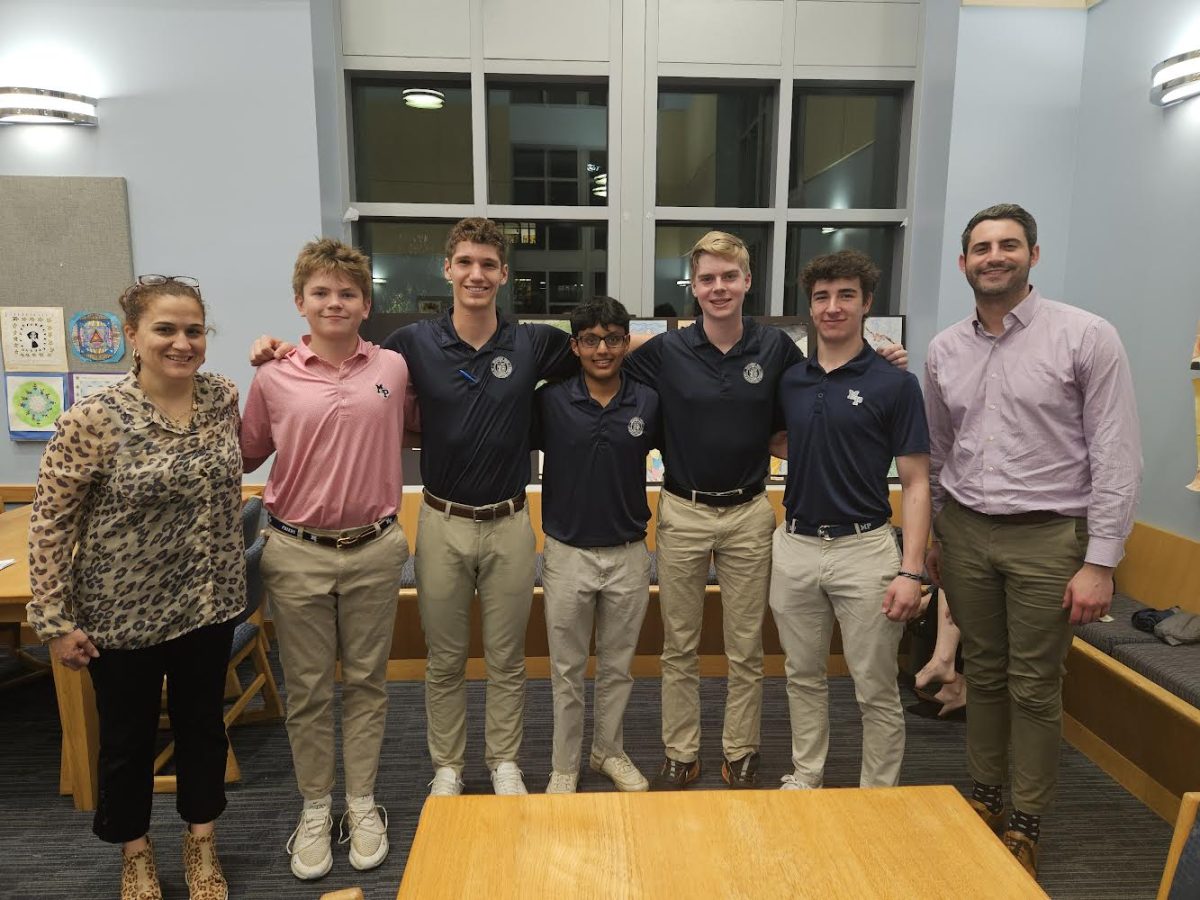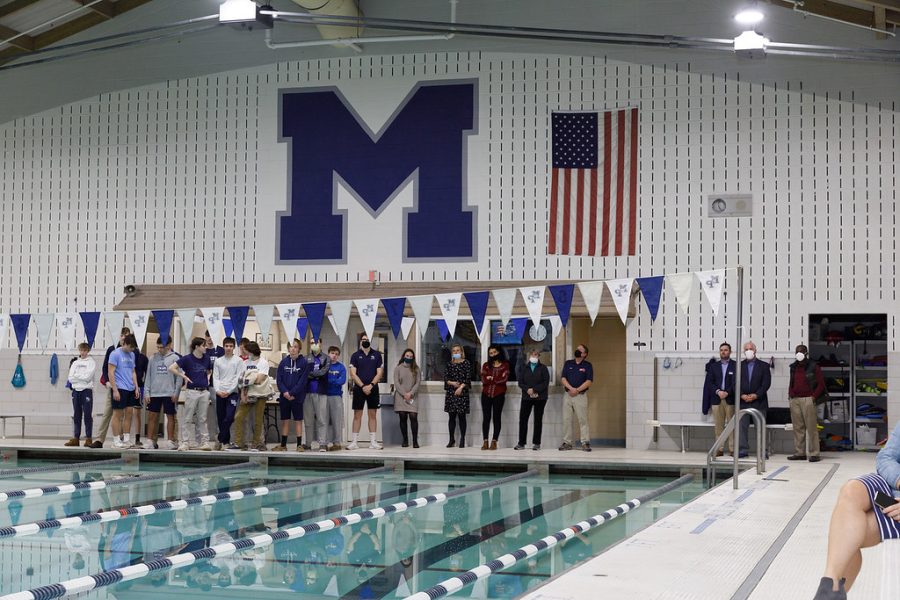Black Panther brings an intersection between African pride and blackness in media.
First of all, it could be said that some… “factors” about me might leave me predisposed to like the movie more than others. This reasoning is false. Do people with blond hair and blue eyes freak out anytime they see Captain America on screen?
Quick reminder that like all movie reviews, this one contains spoilers.
It is true that black people were overjoyed with the creation of this movie, not because it had black people in it, but because it was a black superhero narrative.
I’d also like to state that I’m not a superhero guy. Comics aren’t my favorite and I don’t have any opinions of Marvel over D.C.. I don’t know much about the origin of T’Challa and the Black Panther outside what the movie told me and what I’ve learned afterwards. But as a black person, I have more of an investment in this superhero movie than any other one to come before it.
I went to the movie with my nine year old sister, who is infamously known for being terrified of everything. My theory is that she is “scared” of anything she doesn’t want to do but I digress. I was afraid she was going to whine and complain and cry to go to whatever movie that would appeal to her.
As a pleasant surprise, she sat through the whole film with rapt attention and excitedly chattered about it the whole way home. I knew then that the movie was special if it could touch her in a similar way that it touched me.
I’m not going to be able to analyze the movie from a superhero angle, as that is outside my expertise. But there is something about how the movie was formatted that made me feel like it was laying out the different aspects for me to break down and peruse.
Erik Killmonger’s nationalist point of view for Africa reminded me of the original Black Panthers: those who wanted to achieve righteousness for black people everywhere through violent means. And through the terror he caused, he showed to T’Challa that a part of the black experience is uplifting other black people.
One of the things that people often look over is the things that come before and after the release of a movie, which limits talk about a film to what it contains. The outreach that “Black Panther” changes this.
This made the movie politically charged but not political. It did not state a problem, or a solution, but made the need for global awareness visible.
Black excellence is a theme that occurred from beginning to end. There is a stereotype about Africa that leads many people to belief that Africa is just barren lands filled with poor, decrepit villages of uneducated people.
While fictional, Wakanda helps to fight that stereotype. Wakanda is a hidden gem in the center of Africa with resources more valuable than any other one found on Earth, and is a civilized, powerful nation. The idea that Africa has something that offers to the rest of the world is something that needs to be normalized.
There were moments within the movie where I saw the different aspects of being a black minority.
Some, like T’Challa’s father, T’Chaka, feel like because of the struggles a community has faced, it shouldn’t have to deal with the struggles of another. T’Chaka believes that while Wakanda has much to offer the outside world, it has a duty to itself first and thinks that it’s gifts should be privy only to them. He also sees what the outside world has become and how they have acted in the past and doesn’t see them as worthy.
Others, like Killmonger, see the struggle of Africa as blacks against whites. Growing up outside the walls of Wakanda, and sees how Africa is treated globally and finds it disgusting. Killmonger sees Wakanda as a beacon that can lead struggling African Americans worldwide. That is why he is willing to topple T’Challa for the throne.
These opinions are ones that can be found outside of the fictional universe of Black Panther.





